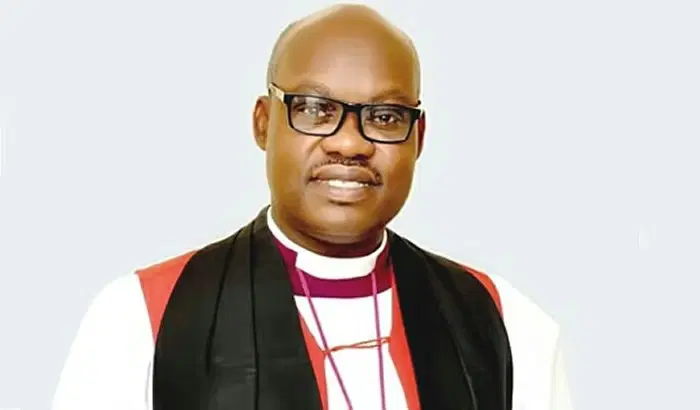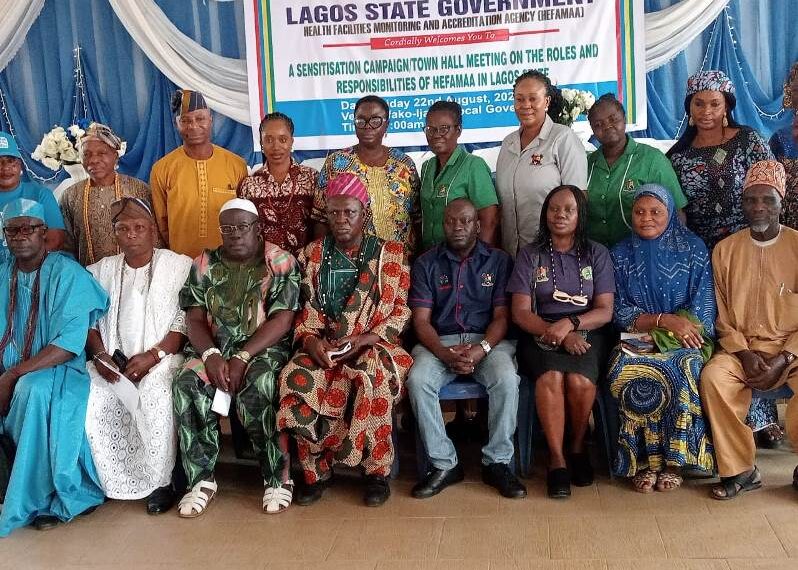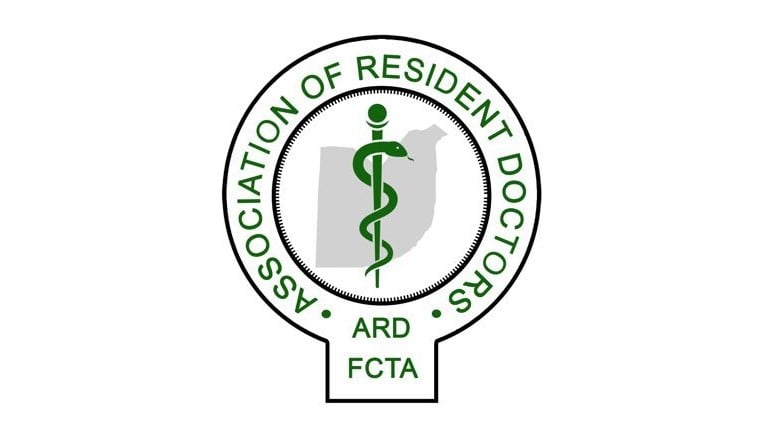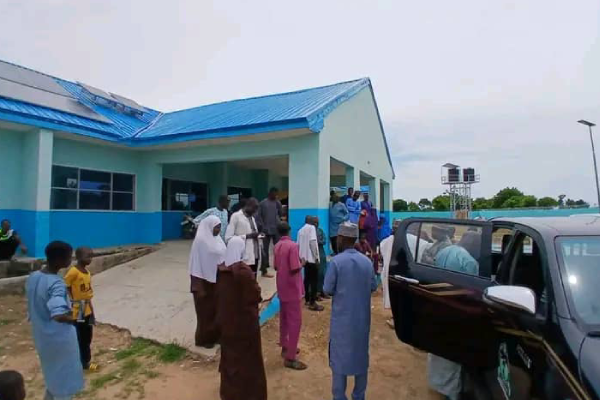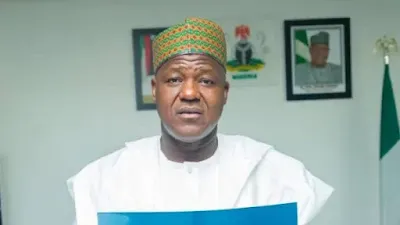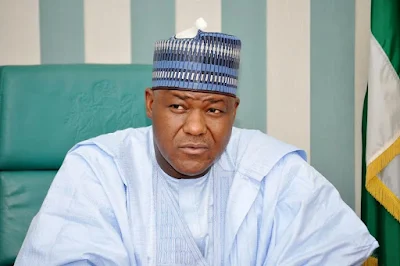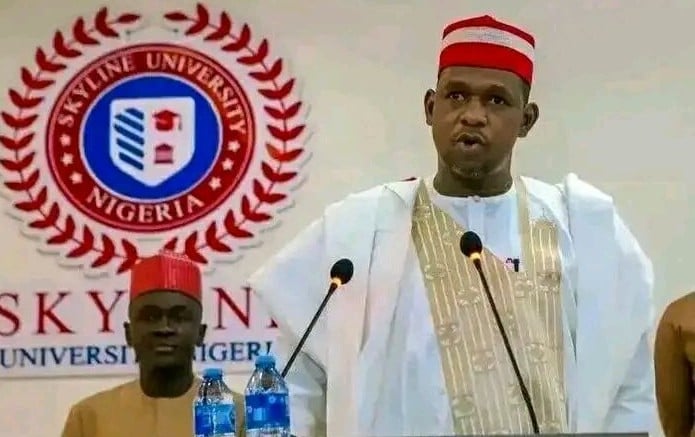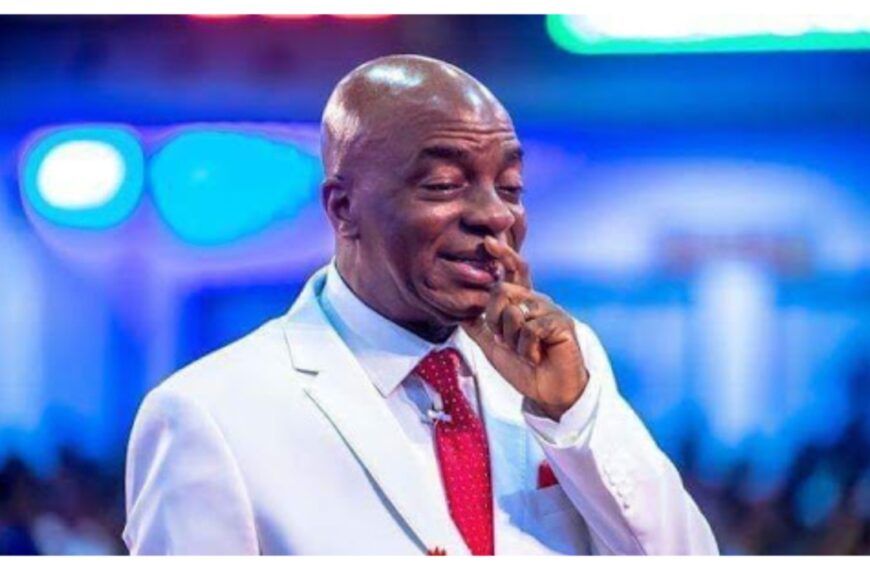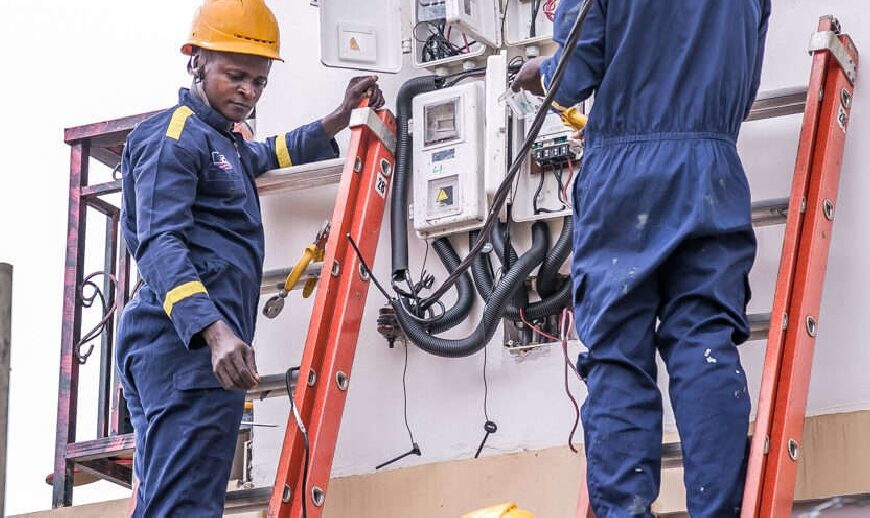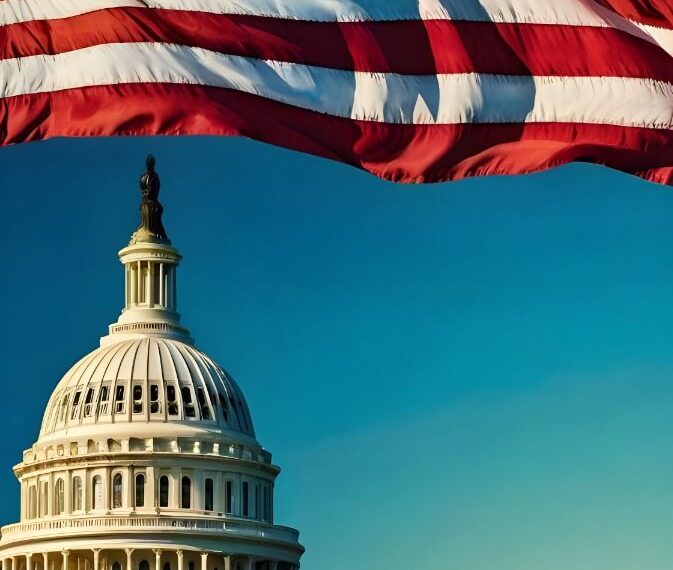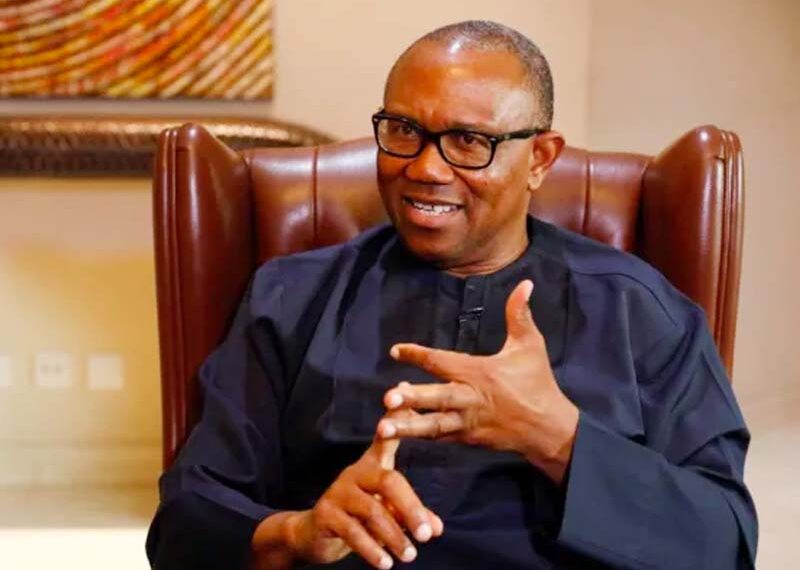The Catholic Archbishop of Lagos, Most Rev. Alfred Adewale Martins, has called for a comprehensive overhaul of Nigeria’s healthcare system to end the nation’s reliance on medical tourism. His statement follows the recent passing of former President Muhammadu Buhari, who died in a London hospital, highlighting the urgent need for quality healthcare services within the country.
Archbishop Martins emphasized that medical tourism not only depletes the nation’s finances but also exacerbates the suffering of citizens who cannot afford overseas treatment. He pointed out that the absence of adequate healthcare facilities and services in Nigeria forces many to seek medical care abroad, thereby draining the nation’s resources.
The Nigerian government has acknowledged this issue, with the Coordinating Minister of Health and Social Welfare, Professor Ali Pate, stating that the country loses approximately $2 billion annually to medical tourism. He attributed this to the lack of confidence in local healthcare services and the inability of citizens to access quality care. Professor Pate emphasized the need to build health sovereignty by developing local healthcare institutions and reducing dependence on foreign medical services.
In response to these challenges, there have been calls for increased investment in Nigeria’s healthcare sector. The Diocese of Lagos West of the Anglican Communion condemned the prevalence of foreign medical tourism among government officials, urging all levels of government to invest in the nation’s health facilities. The diocese argued that the practice contributes to the poor state of the country’s health sector and called for innovative funding and improvement strategies.
Similarly, the Enugu State government has appealed to private investors, both domestic and international, to invest in healthcare infrastructure to reverse the trend of medical tourism. Governor Peter Mbah noted that Nigerians spend over $1.5 billion annually on medical tourism, which contributes to the economies of other countries instead of investing in Nigeria’s healthcare system.
Vice President Kashim Shettima has also observed a surge in reverse medical tourism, with patients from countries like the United States seeking affordable and high-quality kidney transplants in Nigeria. He attributed this to the expertise and affordability of Nigerian medical professionals and emphasized the need for further investments in specialized medical education to sustain this progress.
The federal government has announced plans to reduce the number of Nigerians seeking medical care abroad by strengthening the country’s health sector. Minister of State for Health, Dr. Iziaq Salako, disclosed this during his return from the BRICS health conference in Brazil, emphasizing the importance of improving data governance, integrating artificial intelligence, and strengthening digital health systems as part of efforts to develop a more efficient healthcare framework in Nigeria.
In conclusion, Archbishop Martins’ call for a healthcare overhaul resonates with ongoing efforts by various stakeholders, including religious leaders, government officials, and private investors, to address the challenges facing Nigeria’s healthcare system. By investing in local healthcare infrastructure, reducing dependence on foreign medical services, and enhancing the quality of care, Nigeria can work towards eliminating medical tourism and ensuring accessible healthcare for all its citizens

